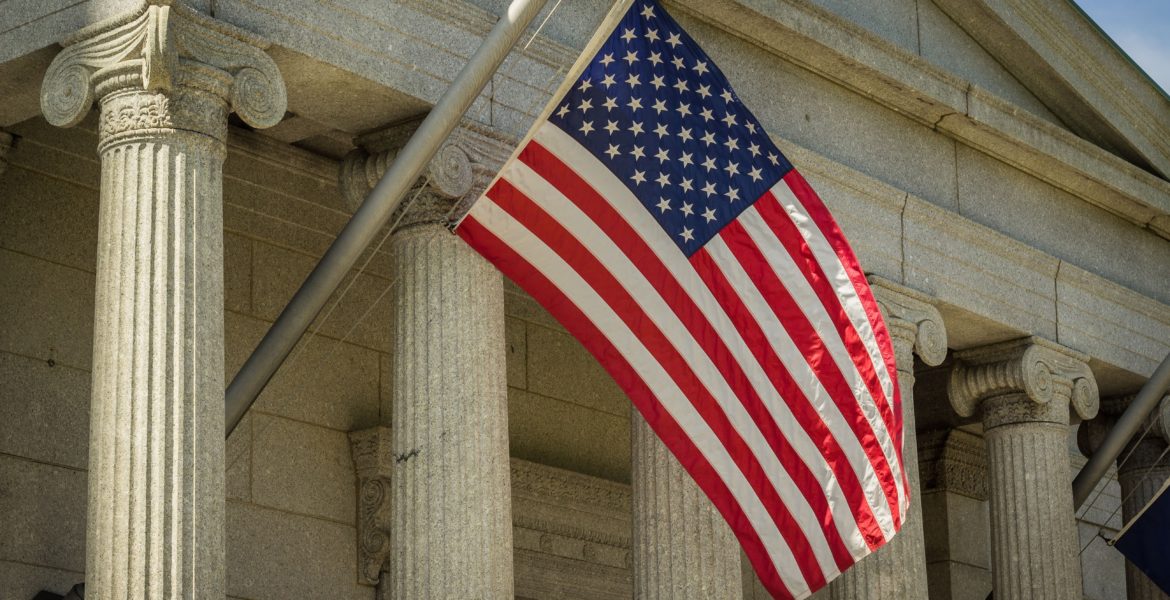
The Supreme Court declared on Monday that the constitutional guarantee of trial by jury requires a unanimous verdict for serious crimes. By a 6-3 vote, the court said the Sixth Amendment Right, which guarantees the right to an impartial trial, requires unanimous verdicts.
This decision tossed out the conviction and life sentence of a Louisiana man, Evangelisto Ramos, who was founded guilty of murder on a 10-2 vote. Ramos, found guilty in the 2014 New Orleans murder of a woman named Trinece Fedison whose body was found in a trash can, was sentenced to life in prison without the possibility of parole. He will likely get a new trial.
The ruling reversed the Supreme Court’s 1972 decision, opening the way for potentially hundreds of defendants found guilty in Louisiana and Oregon by non-unanimous juries to receive new trials.
Only two states, Oregon and Louisiana, have allowed non-unanimous jury verdicts in criminal cases, and Louisiana changed its law effective January 1, 2019. However, that change did not apply retroactively.
“We are heartened that the court has held, once and for all, that the promise of the Sixth Amendment fully applies in Louisiana, rejecting any concept of second-class justice,” said Ben Cohen, a lawyer for Evangelisto Ramos. “In light of the COVID-19 crisis, it is essential that prisoners who are wrongfully incarcerated be given the chance for release as soon as possible.”
Writing for the court in the 6-3 ruling, conservative Justice Neil Gorsuch traced the non-unanimous verdict requirement back to past racist policies allowing white jurors to make the votes of a few African Americans on juries meaningless.
“This court has repeatedly and over many years recognized that the Sixth Amendment requires unanimity,” said Gorsuch. Two other conservative justices, Clarence Thomas and Brett Kavanaugh, joined Gorsuch and three liberal justices,Ruth Bader Ginsburg, Stephen Breyer, and Sonia Sotomayor, in the majority.
Writing in dissent, conservative Justice Samuel Alito wrote that the ruling “imposes a potentially crushing burden on the courts and criminal justice systems” in Louisiana and Oregon. Liberal Justice Elena Kagan and conservative Chief Justice John Roberts also were in dissent.

